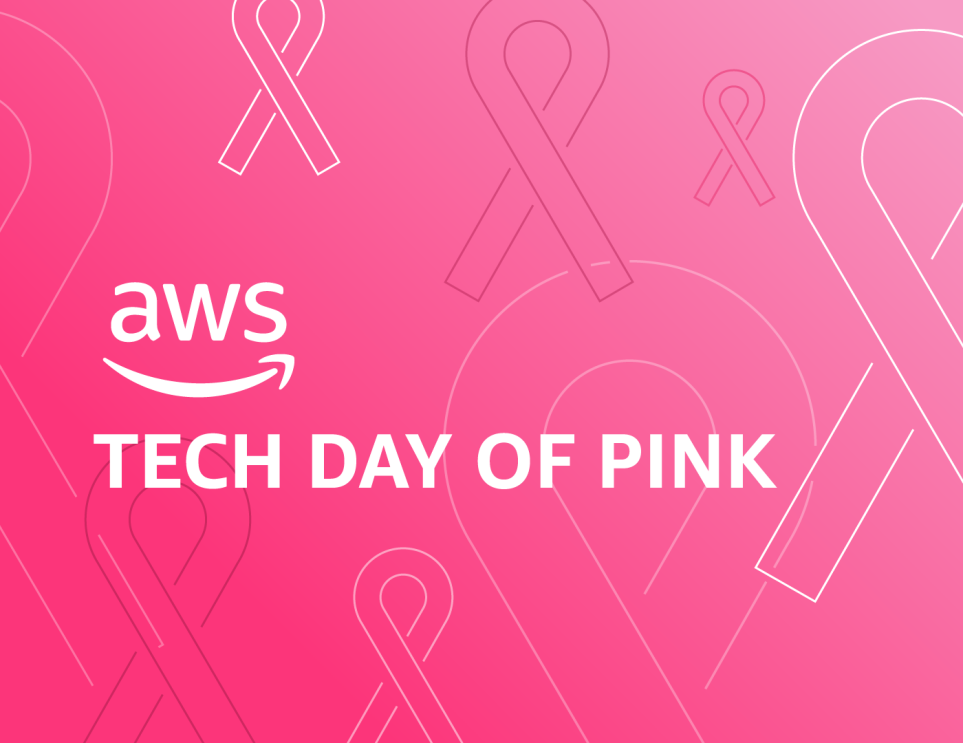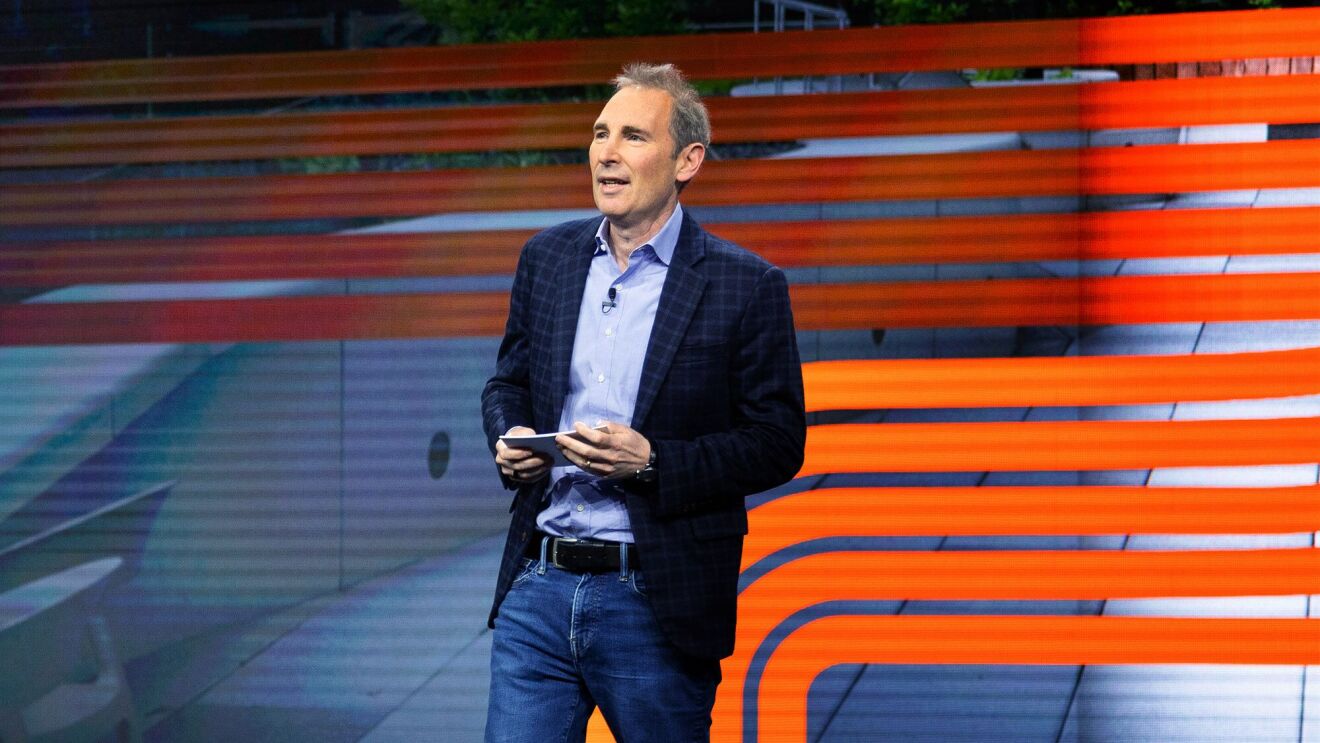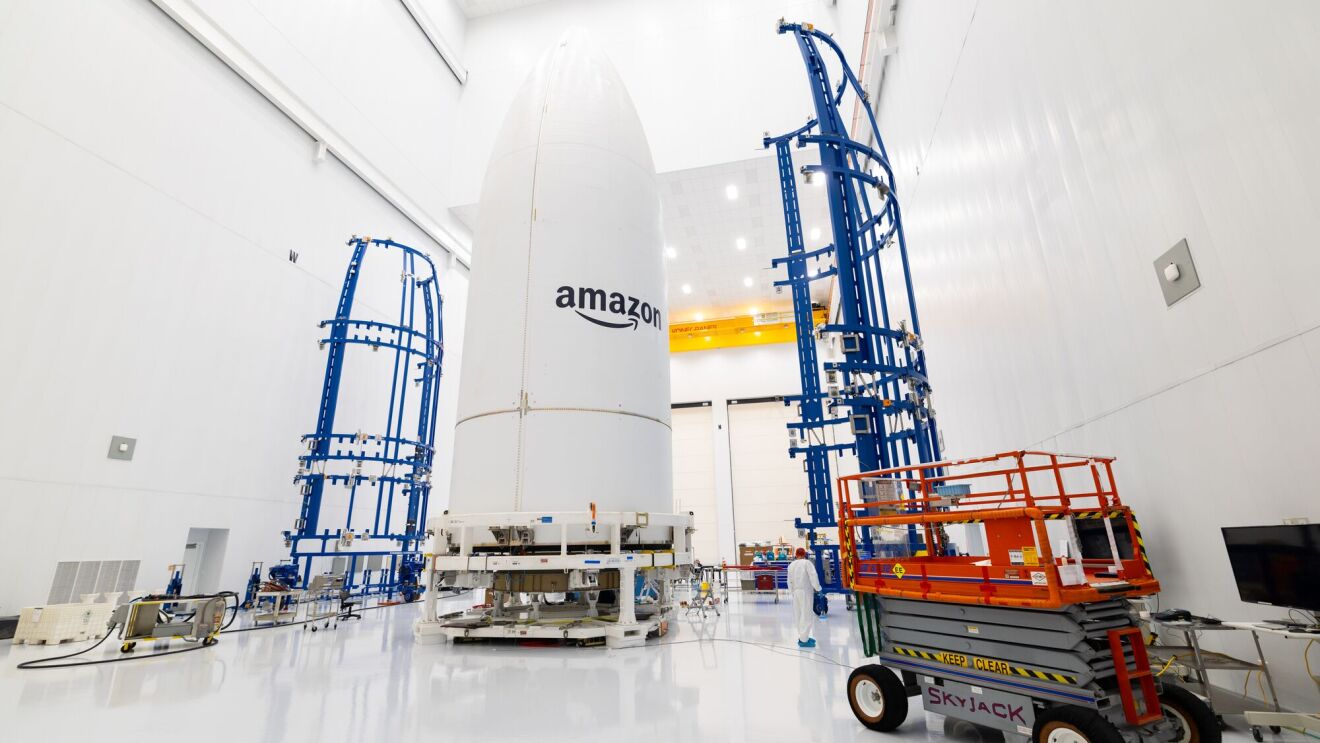Certain aspects of our daily lives seem to be moving faster and faster. For example, we are not only used to software updates, we actually have come to expect a steady stream of regular improvements showing up on our phones, and in the digital tools we use at work and at home.
Against that backdrop, what seems to remain stubbornly resistant to the same pattern of speed and improvement are advances in the treatment of cancer and certain diseases. Treating and curing cancer is not the same as binge-watching online, there is no debate there. But a key enabler of both—computation in the cloud—offers hope that we can crank up the speed with which we are able to deliver earlier and more accurate diagnosis, better therapies, and yes, even cures for cancers.
At its core, discovering new ways to detect and treat cancer is a computational problem. Here’s why.
Keys and locks
Think of a key as a drug, and the lock that fits that key as a cancer. Researchers try to find the right key to fit a particular lock—a drug molecule that interacts with a particular cancer receptor. Now, imagine you have billions of keys and billions of locks. If we tried to manually match a key to a lock in the hopes of unlocking a desired lock, you can see how it could take forever.
Next, picture a massively powerful computer operating at incredible speed trying every key in every lock, almost simultaneously. What would that change? How fast could you find the right drug that unlocks the treatment for a disease?
A great example of this quantum leap in accelerating drug discovery is from one of our Amazon Web Services (AWS) partners: Numerate. Numerate was looking for drug candidates to treat a particular heart condition. They had over 128 million drug molecules to choose from, and as you might imagine, it would have taken brilliant scientists five to seven years to narrow down the choice from millions of options down to a handful to take to clinical trials. This is the key/lock problem. But Numerate didn’t go that route, it used AWS compute instead.
Using thousands of machine learning models and massive computing in the cloud, Numerate was able to examine 128 million molecules, searching for the few that could help treat the heart condition they were studying. The models accounted for how the potential drug molecules would be absorbed in the body, distributed, metabolized, eliminated, and whether it fit into the right disease “lock.” Numerate applied the equivalent computing muscle of a single high-performance processor running continuously for 1,000 years in just 12 months, and discovered 69 drug candidates that they were able to move forward to clinical trials. More recently, other AWS customers such as Abcellera have developed sophisticated cloud-based solutions that reduce the drug discovery process down to six weeks.
From five to seven years, to less than two months—you can bet we’ll get faster. And that same massive compute plus machine learning approach is applicable to the discovery of treatments to fight cancer or any other disease.
A cure just for you
An increase in the speed with which candidate drugs can be discovered means more drugs enter the clinical trials pipeline. More clinical trials means more hope and options for individuals who are looking for a treatment for their particular type of cancer. All of that leads us toward something the medical world has been working towards for decades—precision medicine. The ultimate goal of precision medicine isn’t to simply offer patients treatment for their type of cancer, but to offer a therapy tailor designed for their individual cancer.

A terrific example of using AWS computing power for precision medicine can be found in the born-in-the-cloud biotech company, Moderna. You have likely heard of Moderna in the news for its effort to find a vaccine for COVID 19. The same techniques that Moderna is using to examine the virus that has caused the pandemic is applied to other diseases including personalized cancer vaccines (often referred to as immunotherapies), and treatments for rare diseases. If you go to Moderna’s lab you see row after row of therapies being produced, what is stunning is that their shop isn't applying machine learning and compute to make a single drug for a billion people, they are making a single drug for a single person based on that patient’s unique genetic makeup. It’s like manufacturing a billion different drugs.
Harnessing compute doesn’t just speed the process up when looking for cures, it changes the economics of what drugs are even brought to market. In the manual and expensive traditional approach to drug discovery, companies needed blockbuster drugs to support the economic model of drug discovery. But when drug discovery becomes a team effort between gifted scientists, computing power, smart algorithms, and very smart models that simulate our biology and chemistry, the economics change. Organizations can find treatments and cures for diseases that afflict a relatively small number of people. They can find a cure just for you.
The next best thing to finding a cure
Clearly a cure is the ideal cancer treatment outcome; however, short of a cure, treatment pathways that are tailored and personalized to the needs of an individual would still provide immense benefit to patients everywhere. BreastCancer.org is a great example of an organization that uses AWS computing power to help personalize the patient health journey.
Breastcancer.org allows individuals with a breast cancer to upload their pathology report to a private and secure personal account. Using AWS machine learning, BreastCancer.org analyzes the patient’s pathology report and customizes their digital properties to deliver personalized content to the patient. Just as biotech companies use the computing power to discover new drugs for cancer treatment, BreastCancer.org uses the power of compute and natural language processing understand the pathology report and create a very personalized experience for the patient.
If you carry this forward, it isn’t a huge leap to see how a person’s own medical information can help deeply personalize their health journey. Navigating Cancer is a startup built on AWS that is working closely with cancer patients and their doctors to help patients self-manage their care journey. Navigating Cancer collects thousands of data points about a patient’s condition, and through sophisticated real-time compute intensive analytics, helps clinicians create the ideal path towards recovery. Navigating Cancer doesn’t simply empower patients, they activate them to take charge of their lives on their road to recovery, alongside, and with the help of, friends and family.
And that, of course, is the whole point. During this Tech Day of Pink, throughout this entire Breast Cancer Awareness month—and every day—to spend our time as best we can, with the people we love.
AWS is participating in Tech Day of Pink in recognition of Breast Cancer Awareness Month, joining the Estée Lauder Companies’ (ELC) annual campaign to raise awareness and donations for the Breast Cancer Research Foundation. You can, too. Get more information or get involved in the fight.
Trending news and stories
- How Amazon proved its new delivery drone is safe for takeoff
- Amazon makes it easier for developers and tech enthusiasts to explore Amazon Nova, its advanced Gen AI models
- Amazon Pet Day 2025 is coming May 13-14 with 48 hours of deals on pet products and supplies
- LinkedIn names Amazon a top US company where people want to work for the eighth year in a row







